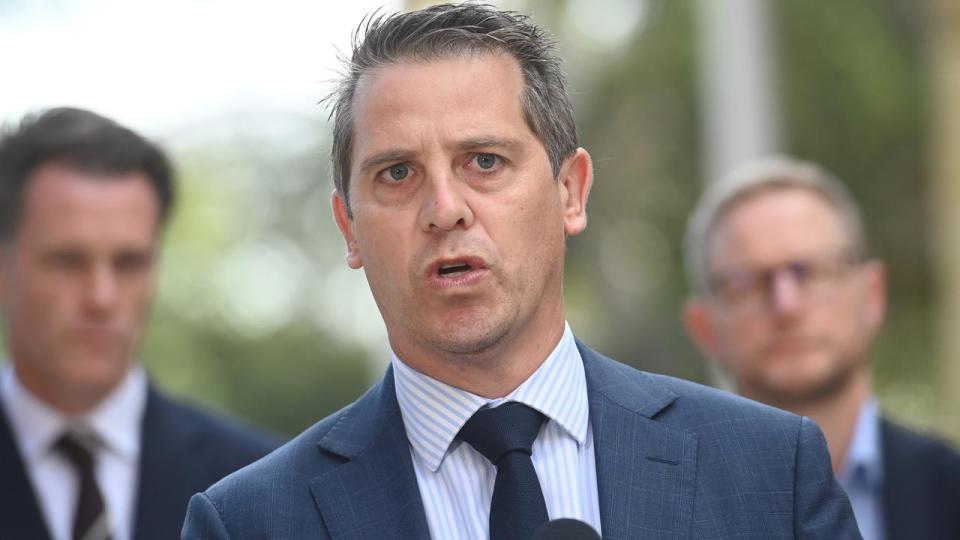Issue 1 in 3 pregnant women face

Medical bodies, advocacy groups and academics have called for women to be “empowered with information”, with figures suggesting one in three women undergo birth trauma after pregnancy.
The widespread issue is being probed in a landmark NSW inquiry that has received more than 4000 submissions.
The upper house probe will cover a range of circumstances, including access to treatment during complicated births for women in regional and rural areas, the treatment of pregnant women by staff and the prevalence of birth trauma.
The Australasian Birth Trauma Association co-founder Amy Dawes said while one-in-five women underwent an unplanned caesarean, and one-in-four births resulted in an instrumental delivery, women often weren’t equipped with that knowledge prior to going into labour.
“Why aren’t we talking about this before women are in the birthing suite. That’s the biggest thing,” she said.
“I think we need to stop infantilising women and we need to actually empower women with information.”

Speaking to the committee on Monday, Ms Dawes used her own experience of being diagnosed with “life-altering” injuries due to the use of forceps during birth. She said it illustrated the importance of preparing women for all eventualities that could happen during birth.
“In my own experience, it came down to a decision between a forceps delivery and a caesarean section, and I didn’t really know any of the risks associated with forceps,” she said.
“And then I’ve seen the form where I signed and agreed to that forceps delivery.
“I just think we need to move away from this conversation where we can’t talk about risks associated with birth.”
Royal Australian College of Obstetricians and Gynaecologists (RANZCOG) board director Jared Watts agreed that more information should be given to women when they are pregnant.
“We’re not sort of giving women the information, so they’re becoming stressed at the time,” he said.
“Actually discussing with them what is a forceps, what is a vacuum, what happens in an emergency cesarean section?”
RANZCOG also called for a “continuous model of care” in which a pregnant woman is treated by the same provider for the duration of her pregnancy – for example a GP, obstetrician or midwife.
“They’ll know your past history in very much detail because they’ve seen you for the last 40 weeks,” he said,
“In an emergency situation they focus on the person they know, they trust, and that can make the process a whole lot better.”

NSW Health Minister Ryan Park said both NSW Health and the government were taking the issue of birth trauma “very seriously”.
“If there are things where we’re causing harm or not doing as well as we could be doing, then we’ve got to stop that and fix that,” he said.
“The stories of some of these women are harrowing and we need to make sure that every time a woman goes in to have a child in one of our hospitals and our health facilities that we’re able to give the very best possible experience and outcome for them.”
Mr Park said maternity wards were under “extreme pressure” due to midwifery shortages that he believed were contributing to the issue.
Committee chair and upper house MP Emma Hurst said the volume of submissions indicated the importance and widespread issue of birth trauma.
“The witnesses at these hearings represent a wide range of expertise in the maternity care and advocacy space,” she said.
“The committee looks forward to hearing evidence from all stakeholders, particularly those with lived experience who will provide a unique insight into the extent of birth trauma and the breadth of its impact.”
The inquiry will continue on Thursday in Wollongong, where the committee will hear from women who have personally experienced birth trauma.


